
Politics
09:40, 05-Nov-2016
GITMO: Where does it stand?
Updated
10:21, 28-Jun-2018

Closing down Guantanamo Bay was one of US President Barack Obama’s campaign pledges in 2008. Eight years later, the facility remains open. What happens to it – and the 60 detainees who remain – could be determined by his successor.
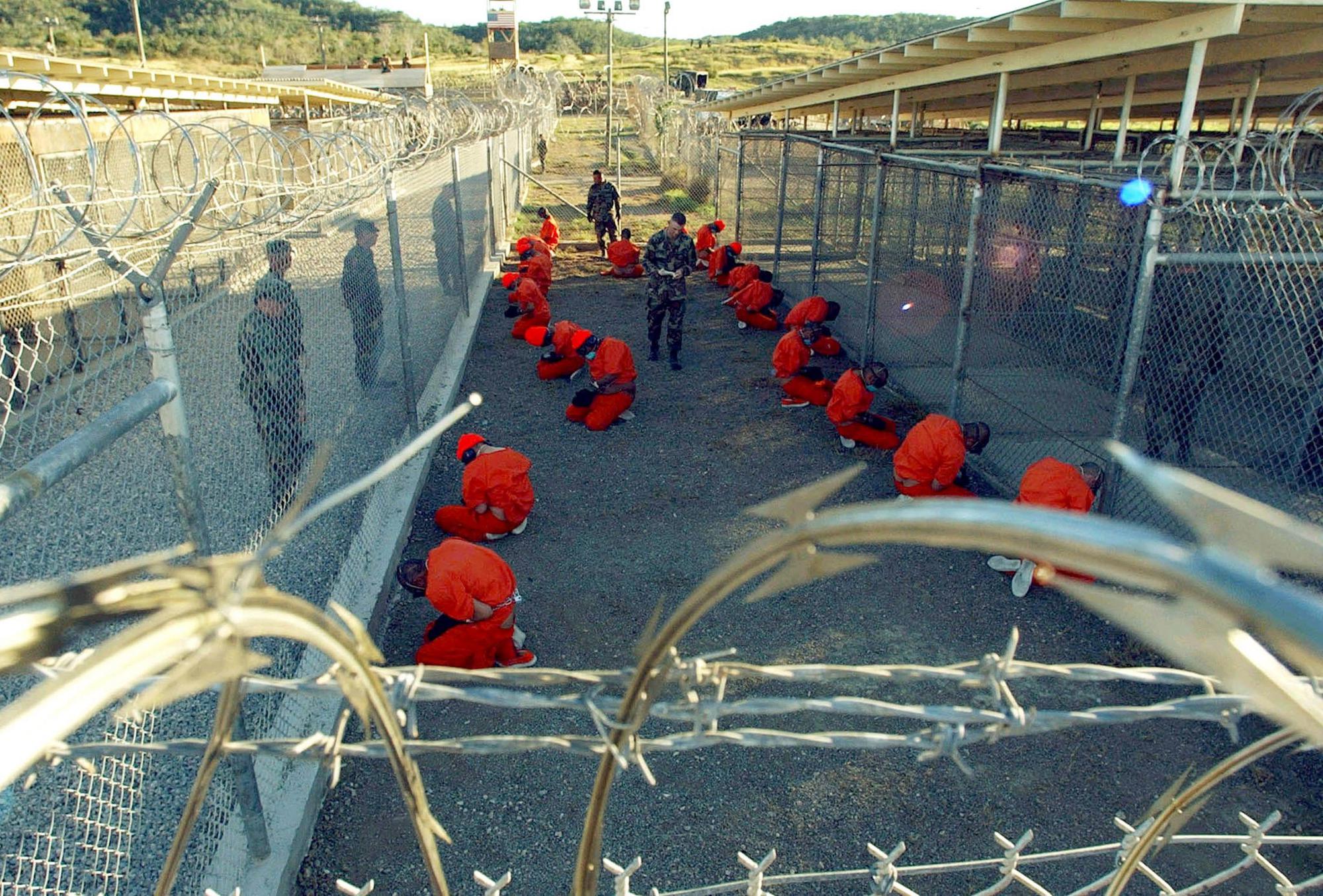
At the Guantanamo Bay detention center, prisoners know their collective fate could hinge on the outcome of the US presidential election.
Captain John Filostrat, a US Navy Spokesman at Guantanamo Bay said the detainees do have access to news from the outside.
“It’s probably safe to say that they are watching the election and keeping a close watch as many others around the world,” Filostrat said.
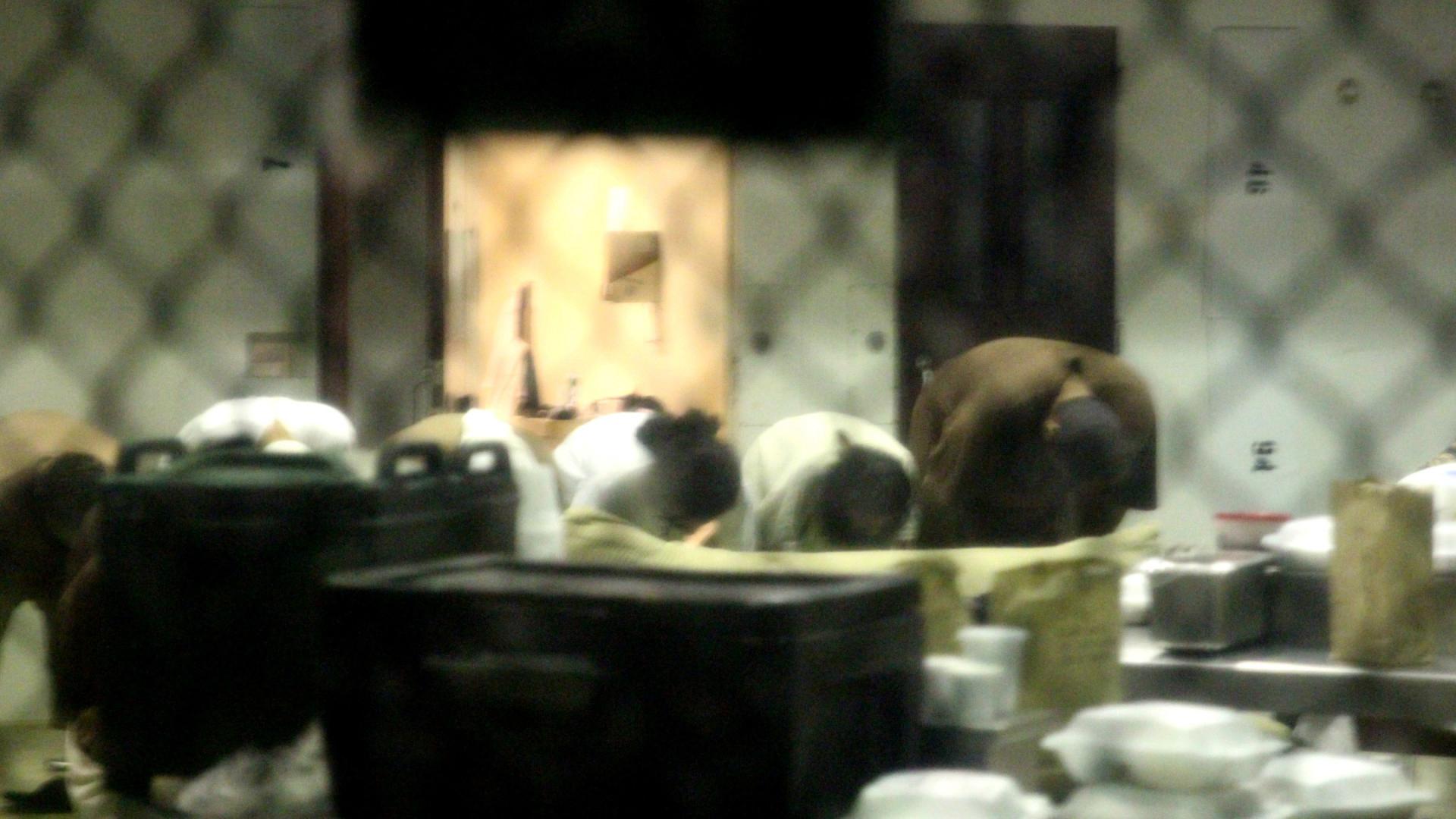
Could their time in Guantanamo be nearing an end US to Obama's pledge to close Guantanamo, and didn’t. Will Obama’s successor finally shut the place down?
Donald Trump wants to fill the place up again. Hillary Clinton wants to empty it.
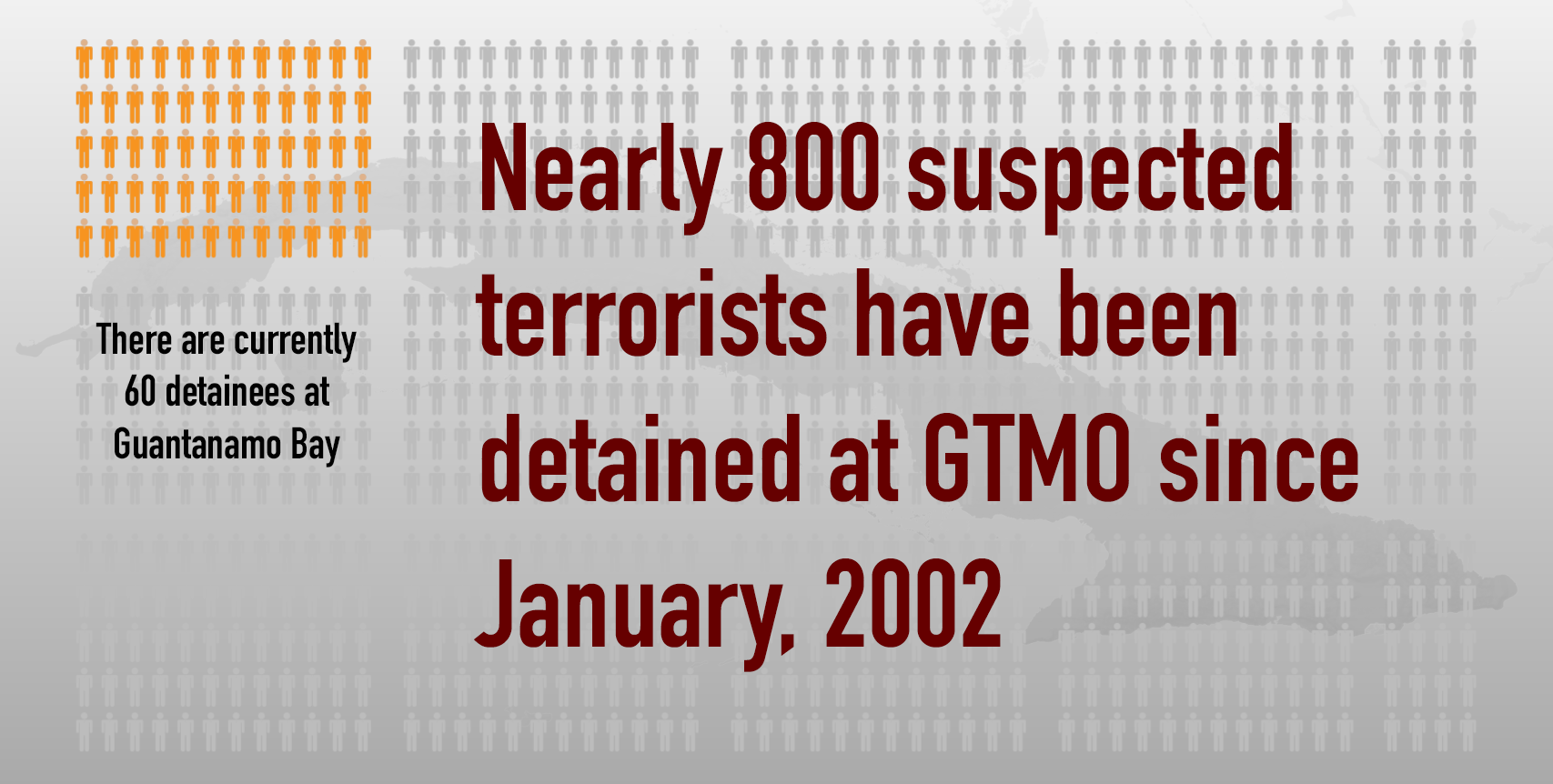
Beatings, sleep deprivation and sexual assault were just some of the so-called “enhanced interrogation” techniques that made Guantanamo notorious in its early years. Though a spokesperson for the US Defense Department says prisoners have been treated “humanely.”
Even in his last year as president, Obama has continued to press for the detention center’s closure.
“I don’t want to pass this problem on to the next president, whoever it is. And if, as a nation, we don’t deal with this now, when will we deal with it Are we going to let this linger on for another 15 years, another 20 years, another 30 years,” Obama said earlier this year.
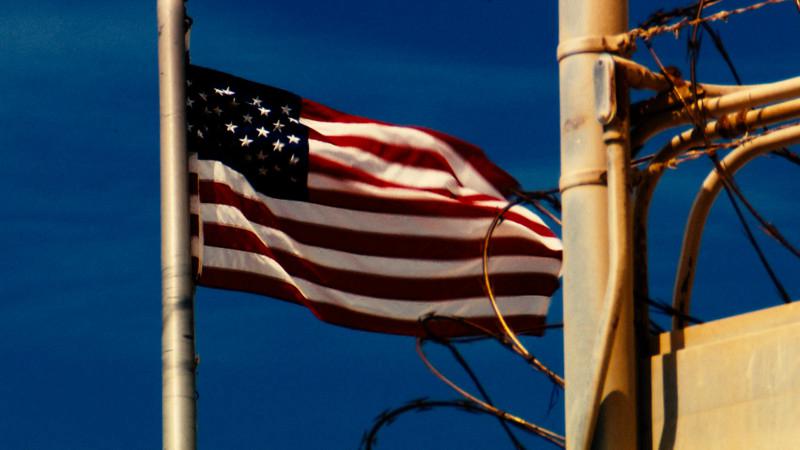
If Obama transfers the remaining detainees to other countries in the final days of his presidency, Guantanamo’s commanders say they can quickly shutter the place.
Rear Admiral Peter J. Clarke, Joint Task Force Guantanamo, has stated that when they get the order to transfer, they’d be able to do so on short notice.
Of the remaining detainees:
o 30 are being held without charge.
o 20 have been approved for transfer.
o 10 face military tribunals – including the five accused of plotting the 9/11 attacks.
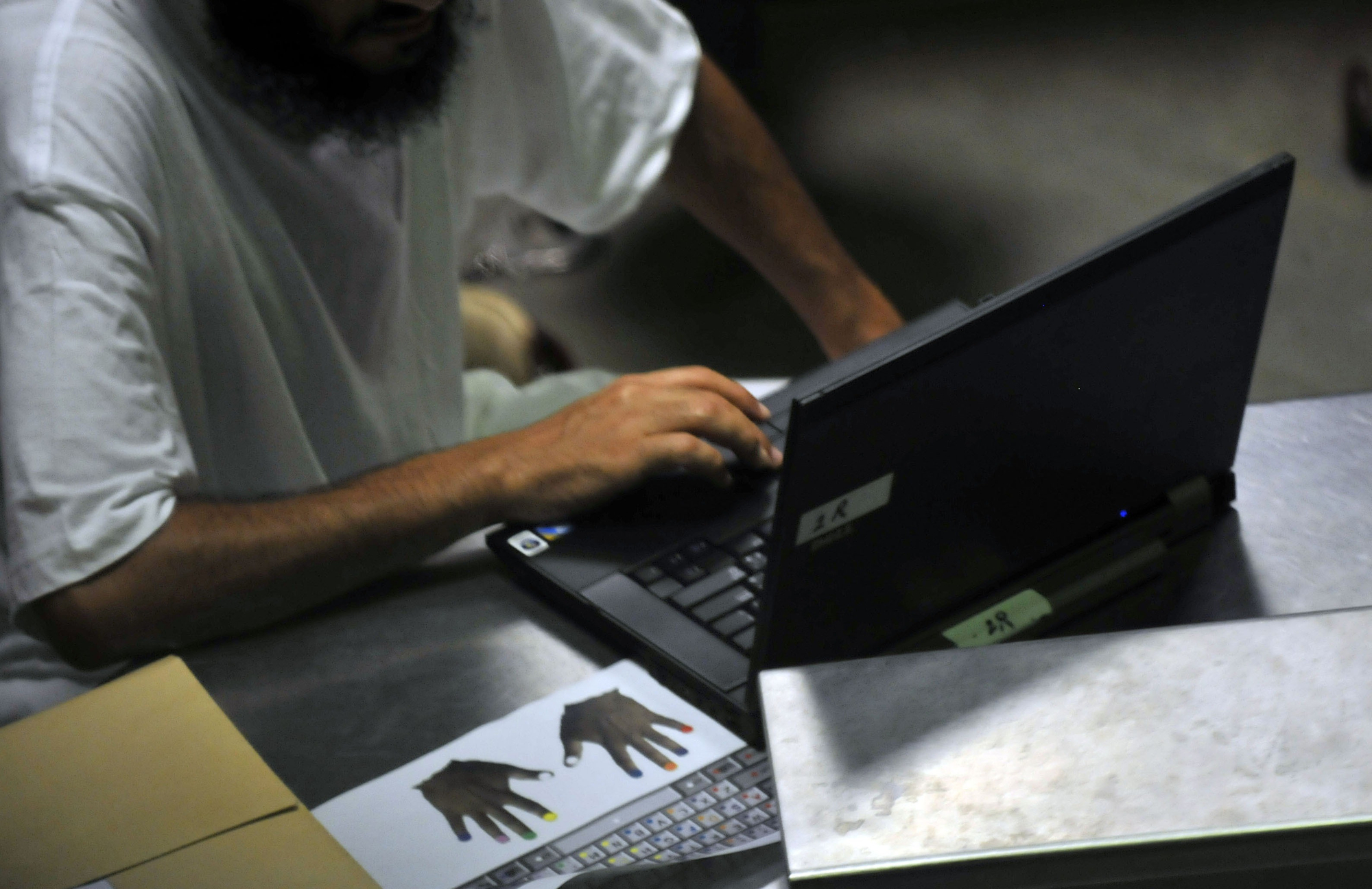
US Army Colonel Steve Gabavics, Commander of the Joint Detention Group, says there’s a very positive atmosphere among the detainees, “because there’s already at this point in time twenty detainees who have been approved for release and they’ve seen many of the movements of their fellow detainees going off to different countries and transferring.”
When Americans go to the polls, their votes will decide the fate of people who some call enemies and others call people held in unlawful intention. All less than 900 kilometers from the coast of the United States.
(Written by Yasmeen Alamari)

SITEMAP
Copyright © 2018 CGTN. Beijing ICP prepared NO.16065310-3
Copyright © 2018 CGTN. Beijing ICP prepared NO.16065310-3